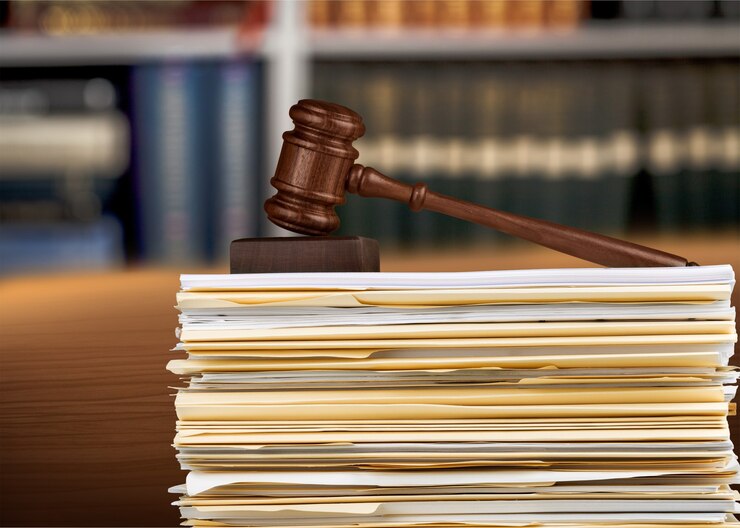DANIEL SUGH v. THE STATE 1988-LD-SC-469 Supreme Court 13th May, 1988. Justices: Andrews Otutu Obaseki, JSC Muhammadu Lawal Uwais, JSC Adolphus Godwin...

DANIEL SUGH v. THE STATE 1988-LD-SC-469 Supreme Court 13th May, 1988. Justices: Andrews Otutu Obaseki, JSC Muhammadu Lawal Uwais, JSC Adolphus Godwin...